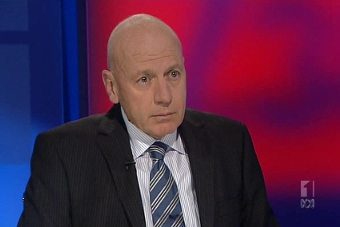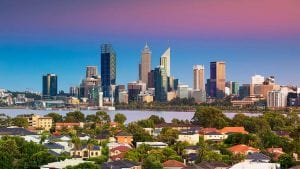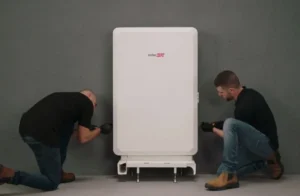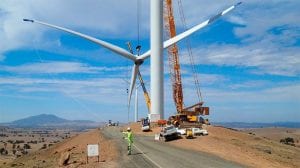The veneer of bipartisan support for Australia’s 20 per cent renewable energy target has collapsed after the NSW conservative government called for the long standing mechanism to be removed.
NSW Energy Minister Chris Hartcher, going back against his party’s campaign promise, said the RET should be dropped along with other green energy schemes because of their contribution to increased retail electricity costs.
His statement came as IPART released its recommended price increases for NSW. Ironically, IPART found that green energy schemes made a zero contribution to its recommended average price hike of 16 per cent. Half the increase came from network upgrades, the other half from its estimates of the carbon price impact, as this graph shows.
The contribution of generation costs, which utilities say has fallen due to reduced demand and the impact of renewable energy schemes, was down 2 per cent.
Nevertheless, Hartcher told the ABC that green energy schemes are unaffordable and should be scrapped. His comments came as business groups led by the Business Council of Australia and the Australian Industry Group also called this week for green energy schemes, including the RET and the proposed Clean Energy Finance Corp, be scrapped due to the introduction of the carbon price.
The federal Government has pledged to retain the RET – with the apparent support till now of the Federal Opposition. However, Energy Minister Martin Ferguson told a forum held by the Clean Energy Council in Melbourne today that the decision was effectively out of the government’s hands, saying it would rely on a recommendation from the newly formed Climate Change Authority after a review later this year.
Ferguson said the RET, which he described as a “$20 billion cross subsidy”, had been successful in bringing forward renewable energy projects such as wind and solar PV.
“As you would be aware, a legislated review of the RET is due later this year,” he said. “I am aware that many of you here today are advocating for no changes to be made to the RET.
“I recognise the importance of investor certainty to this sector and the implications changes could have in terms of investor confidence. However, it is importantly to remember that, like the institutional arrangements I have outlined earlier, this will be an independent review conducted by the Climate Change Authority. I encourage you to make your views known to the Authority.”
The CEC’s acting CEO, Kane Thornton, said scrapping the RET would risk “ a massive hit” to the economy for minimal short-term gain.
“You can’t just turn major policies on and off like a light switch,” he said in a statement. “It’s a worrying sign that we have an Energy Minister in NSW who doesn’t seem to fully understand Australia’s most significant energy policies and the consequences that would result if we suddenly abandon one of them.”
Ipart said the aggregate costs of carbon and green schemes amounted to an average $315 a year, out of a total average bill of around $2,200. It said the carbon price contributed $169, and the small scale solar generation $69 a year. (However, Ipart allows electricity retailers to pass on the full cost of small scale renewable certificates, even though they have never traded anywhere near the $40 nominal price. The ACT pricing regulator last week recommended only a cost of $30.50 be passed trough, effectively reducing the impost on customers by 25 per cent).
Ipart says the estimated aggregate costs of the large scale renewable energy target are $32 a year per customer, the cost of NSW climate change levy was $38 a year and the state energy efficiency scheme was $13.








